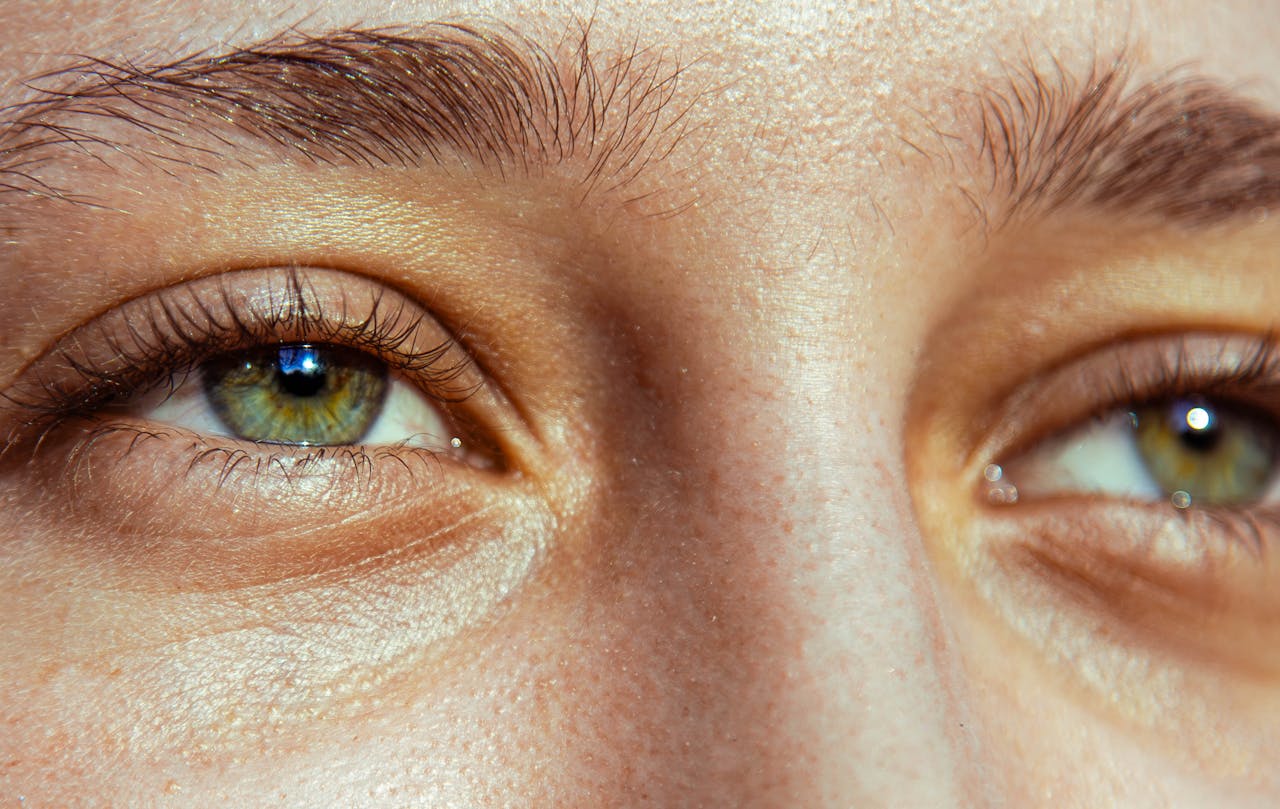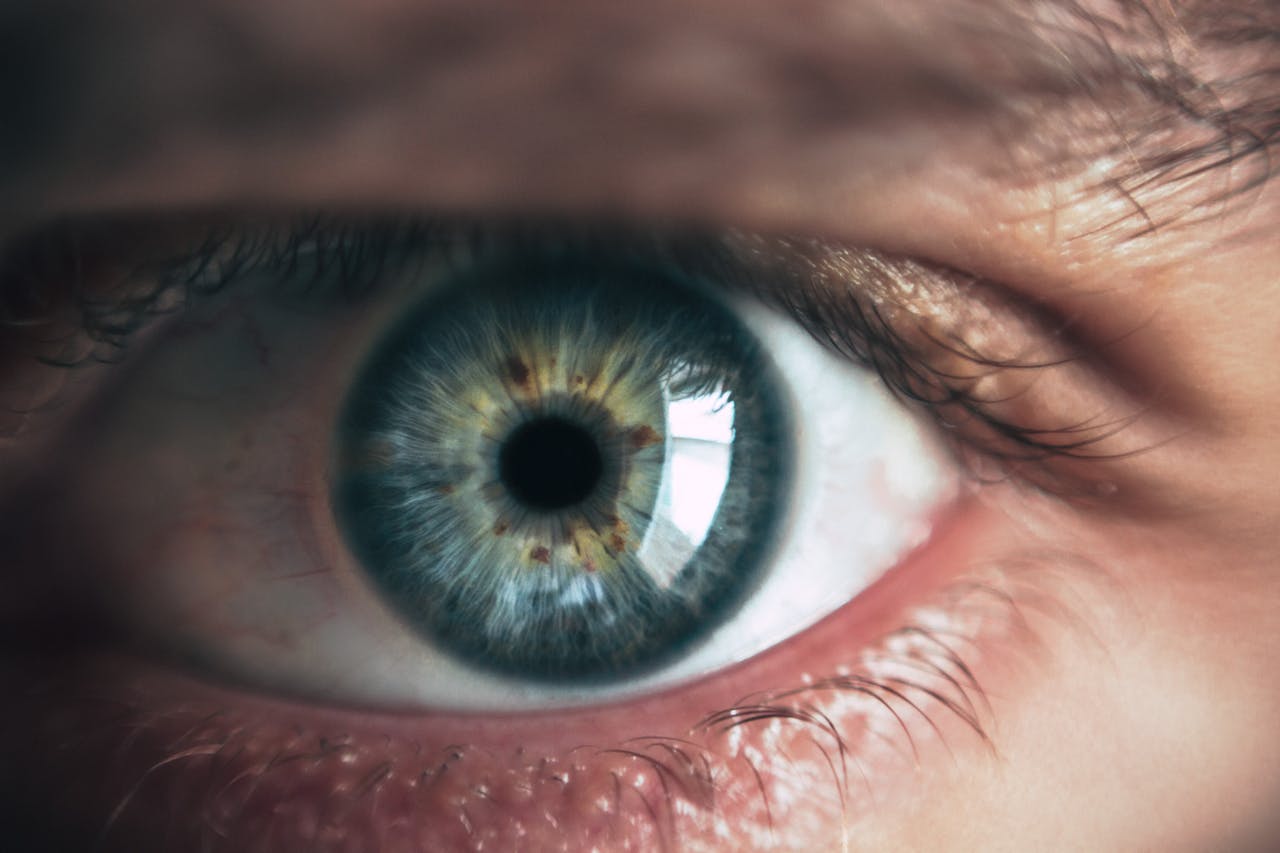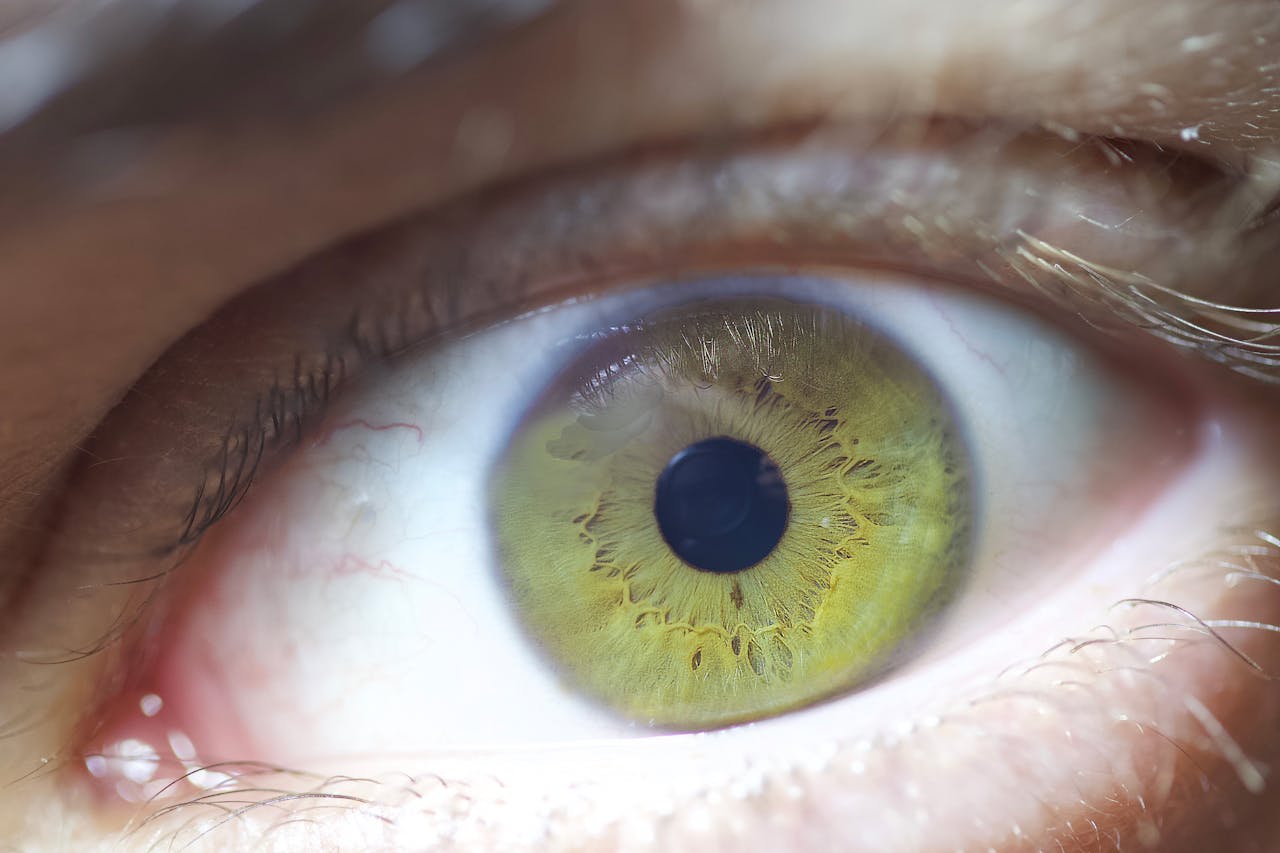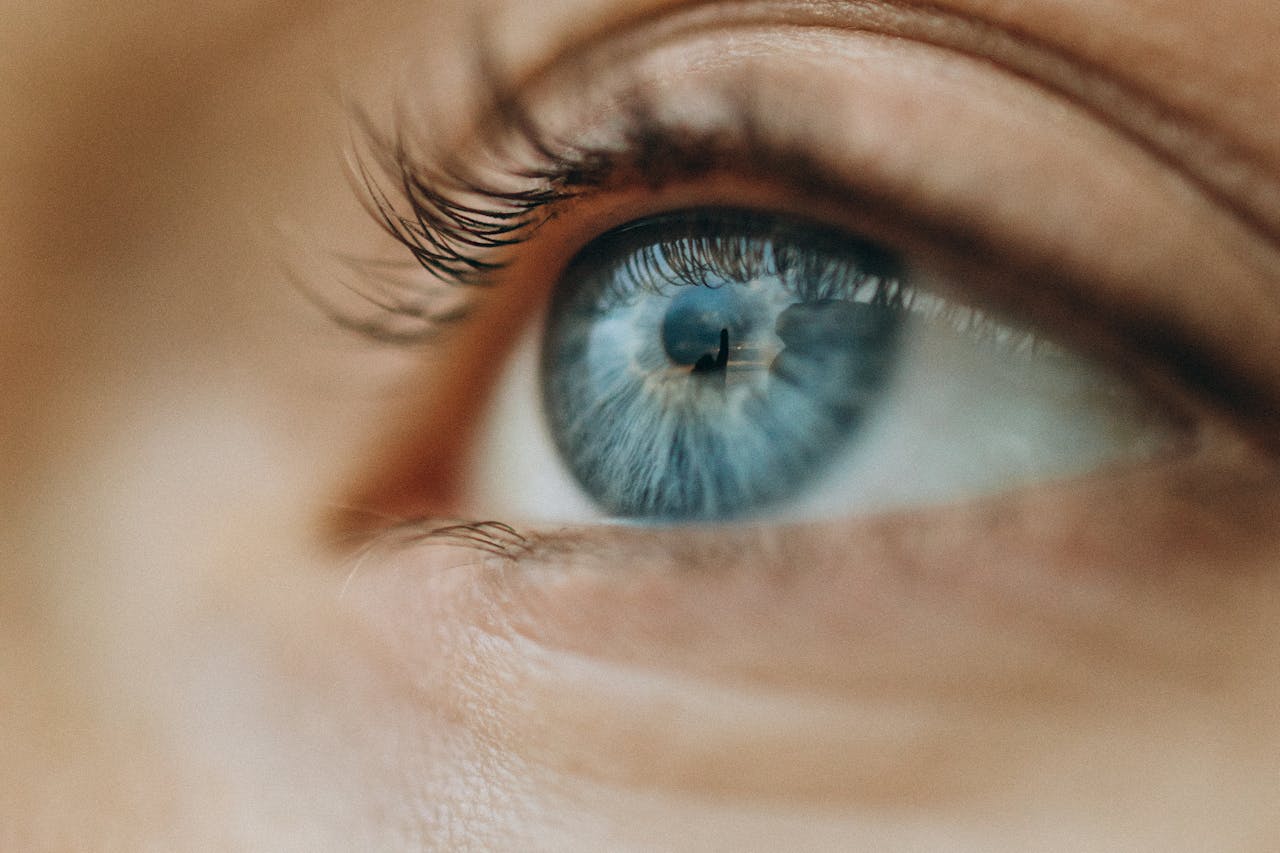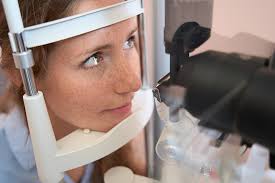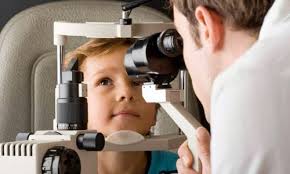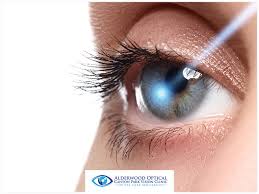Cataract surgery is one of the most common surgeries in the world, helping millions of people see again. But many patients wonder: will they still need glasses after cataracts are removed? The answer depends on various factors, including the type of lens used during surgery, personal vision preferences, and any pre-existing eye conditions. This article will walk you through everything you need to know about whether you’ll still need glasses after cataract surgery.
What Happens During Cataract Surgery?
Before diving into whether you’ll need glasses, it’s important to understand what happens during cataract surgery. A cataract forms when the eye’s natural lens becomes cloudy, leading to blurry vision. Cataract surgery involves removing this cloudy lens and replacing it with an artificial one, known as an intraocular lens (IOL).
This new lens is meant to restore vision, but the outcome largely depends on the type of IOL used and your individual needs.
Can You Be Spectacle-Free After Cataract Surgery?
In general, many patients experience great improvement in their vision, especially for distance viewing. This means for activities like driving, watching TV, or walking around, you may no longer need glasses. However, it’s common for people to still need reading glasses for close-up tasks such as reading, using a computer, or sewing.
Why Might You Still Need Glasses?
After cataract surgery, the artificial lens that’s inserted into the eye is usually focused for distance vision. While this provides excellent clarity for far-away objects, the lens may not focus well on objects that are close. This is why many people still need reading glasses.
Fortunately, there are options to minimize or even eliminate the need for glasses after surgery, depending on the type of lens you choose.
How Long Before You Can Bend Over After Cataract Surgery?
Lens Options: What Are Your Choices?
There are several types of lenses available to suit different vision needs. Choosing the right one can help reduce or even eliminate your reliance on glasses.
1. Monovision
Monovision is an option where one eye is corrected for distance vision and the other eye is corrected for near vision. This may sound unusual, but many people adapt quickly, and the brain learns to balance the two different focuses. Monovision can work well for those who want to reduce their dependence on glasses.
However, it doesn’t suit everyone. For example, if you do a lot of detailed work like sewing or reading small print, you may find it difficult to adjust to monovision. It’s usually recommended to try this out with contact lenses first to see if it works for you.
Are You Awake During Cataract Surgery?
2. Multifocal Intraocular Lenses
Another option is multifocal lenses. These lenses allow you to see both near and distant objects without needing glasses. They offer a convenient solution for those wanting to avoid glasses altogether. However, multifocal lenses aren’t without downsides. Some patients report experiencing haloes or glare around lights, which can be bothersome, especially when driving at night.
While multifocal lenses work well for some, they may not be suitable for those with certain eye conditions like astigmatism or retinal issues.
3. Extended Depth of Focus (EDOF) Lenses
A newer option that’s gaining popularity is Extended Depth of Focus (EDOF) lenses. These lenses provide a broader range of focus, offering clarity for distance and intermediate vision. This means activities like driving and working on a computer can often be done without glasses.
EDOF lenses are less likely to cause haloes or glare compared to multifocal lenses, making them a better option for many people. However, they might not be as effective for close-up tasks, so reading glasses may still be needed for fine print or detailed work.
Can You See a Cataract in the Mirror?
Astigmatism and Intraocular Lenses
If you have astigmatism, a condition where the eye is more football-shaped rather than round, your surgeon may recommend a special type of intraocular lens designed to correct this issue. These lenses can help you achieve clearer vision after surgery, reducing the need for glasses even further.
What About Recovery?
Recovery after cataract surgery is usually quick. Most people notice an improvement in their vision within a day or two. In uncomplicated cases, you should be able to return to normal activities, including driving and travelling, within 24 to 48 hours. However, it’s common to experience mild inflammation for a few days, which may cause temporary blurriness.
Your doctor will likely schedule follow-up appointments to monitor your recovery. In most cases, new glasses (if needed) can be prescribed around six weeks after surgery, once the eye has fully healed.
How Painful is Cataract Surgery?
Factors to Consider
It’s important to remember that there is no one-size-fits-all solution when it comes to cataract surgery. The best option for you will depend on your lifestyle, vision needs, and the health of your eyes. Some people are happy to have clear distance vision and don’t mind wearing reading glasses. Others may be more motivated to explore options for full spectacle independence, even if it means making small trade-offs in the quality of vision.
It’s also vital to discuss all your options with your surgeon before making a decision. They will be able to guide you based on the shape of your eye, any pre-existing conditions, and your expectations for life after cataract surgery.
Conclusion: Will You Need Glasses After Cataract Surgery?
In summary, whether or not you need glasses after cataract surgery depends on the type of lens you choose and your specific vision needs. Most people enjoy clear-distance vision without glasses but may still require reading glasses for close work. Options like monovision, multifocal lenses, and EDOF lenses can help reduce your dependence on glasses, but each comes with its benefits and potential downsides.
Ultimately, it’s a personal decision. Make sure to speak with your surgeon to find the best solution for your eyes and your lifestyle.
What Should You Not Do After a Cataract Operation?
Ready to Improve Your Vision? Book a Consultation with Dr. Qasim Qasem
If you’re considering cataract surgery and want to explore the best options for achieving clear vision, Dr. Qasim Qasem is here to help. With years of experience and a patient-focused approach, Dr. Qasem will guide you through your lens choices and create a tailored plan that suits your unique needs. Whether you’re looking to reduce your dependence on glasses or achieve full spectacle independence, Dr. Qasim Qasem offers expert advice and cutting-edge solutions.
Book your consultation today to take the first step toward a clearer, brighter future with confidence.
Book Your Appointment Today!
Frequently Asked Questions
1. How long does cataract surgery take?
Cataract surgery usually takes around 15-30 minutes. It’s typically a day procedure, meaning patients can go home the same day after recovery. Full visual improvement may take a few days to a week.
2. Is cataract surgery painful?
Cataract surgery is not painful. Local anesthesia or eye drops are used to numb the eye. Most patients only feel slight pressure during the procedure, and any discomfort after surgery is mild and temporary.
3. Can cataracts return after surgery?
Cataracts cannot return once the natural lens is removed. However, some patients may experience cloudiness in the lens capsule, which can be easily treated with a quick laser procedure to restore clear vision.
4. How soon can I resume normal activities after cataract surgery?
Most patients can resume light activities, such as walking, the day after surgery. Full recovery usually takes a few weeks, but strenuous activities and heavy lifting should be avoided for about two weeks.
5. Will I still need glasses after cataract surgery?
Many patients no longer need glasses for distance vision after cataract surgery but may require reading glasses for close-up tasks. Specific lens options can minimize or eliminate the need for glasses altogether.
6. Are there any risks with cataract surgery?
Cataract surgery is generally very safe. However, as with any surgery, there are potential risks, including infection, swelling, and vision issues. These complications are rare, and most patients experience excellent outcomes with minimal side effects.




